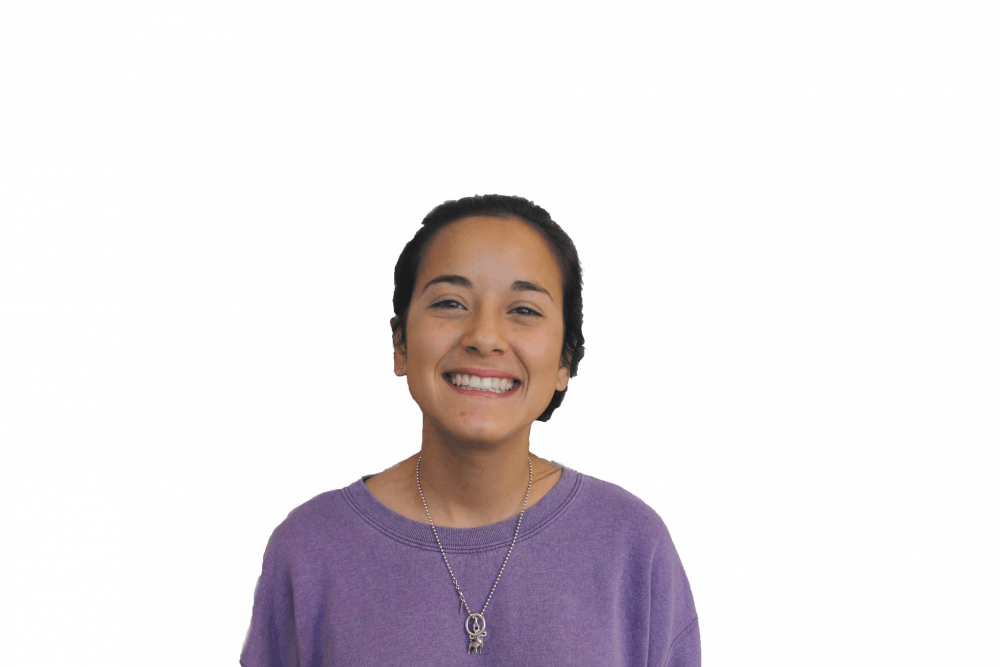By: Gabby Carlson | Echo
"Wait. Is this somewhere that I can't feel safe? Because I don't feel safe," junior Bella Purcell, an international student from Spain, said after a phone call from her tearful mother on Wednesday morning. Many internationals have developed this mindset after the unexpected election of Donald J. Trump this past week.

Taylor University's international student population has endured a very long week. "It feels like Saturday," Purcell said on Thursday. "These last few days have felt like an eternity."
While Trump supporters rejoice in Trump's hard-fought victory and Clinton supporters mourn what many of them believed would be a landslide Clinton victory, many internationals stay quiet about their doubts because they didn't have a voice in the election.
As many have read on social media and the news, Trump plans to change the immigration policies and has even proposed building a wall in between the United States and Mexico in an attempt to keep illegal immigrants out of the country.
Trump's words can be offensive, hurting members of many races and wounding women with his comments. Samuel David Rodriguez Castillo, a senior from Honduras, said, "Having a Mexican father, some of Trump's comments have been very offensive (to me)."

When some international students in America speak about the President-elect, they have doubts. Trump winning the election over Clinton was unexpected. The world did not see Trump winning, so his policies were not seriously considered. Now many fear for their futures in a place that has become their second home.
Joe Beamish, a junior from New Zealand, reminisced about a time two years ago when he was in the locker room and Trump's name in the White House was a joke between him and his friends.
But it's now a reality for thousands of international students who feared this outcome.
"My mum rang me last night and was freaking out because Trump is (going to be) President," Beamish said.
Their attitude toward Trump's presidency was not predominantly hatred or resentment but fear. Fear of losing visas, fear of discrimination and fear of racism have dominated the conversations of the last three days among non-american citizens.
Purcell was hurt by one comment in particular when someone approached her and asked her why she hadn't been deported yet.
"I try to think of how Jesus would react to Trump in the next four years," Purcell said. "Because in my heart I want to root for him to do the right thing, since I plan to stay here and go to grad school next."
Tuesday night's presidential decision resulted in riots raging in places such as Oakland and Portland. But the tension doesn't stop with the United States. Purcell commented that this election is not only domestic but worldwide. "There are already countries who don't like him," she said. "Most of Latin America does not like him; Europe doesn't like him either."
Beamish is unsure of the next four years but believes anything could happen with Trump in charge.
Castillo, once excited to work in America post-graduation, has doubts about staying in the country long-term, even though his work opportunities elsewhere would not be as beneficial to his family.
"In a lot of ways, I feel isolated," Purcell said. "I don't know how to express how I feel to my friends without making them feel bad or weird. They haven't grown up in a community where they're black or they're Latino, and they just don't have that experience, and it's not bad; it just isn't how they grew up."
The silence of the international community in America is tangible. Rather than dampening their voices, people may encourage the international students around them. Another "like" on Facebook isn't enough to fight racism, but a listening ear and a kind word speak volumes to a population silenced by the fear of the unknown.



